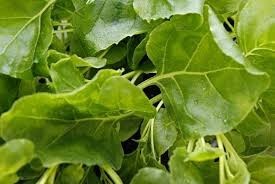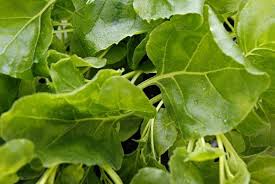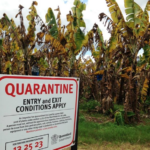November 5, 2015 – Queensland University of Technology scientists, in Brisbane, Australia, have identified a gene found in a native tobacco plant, Pitjuri, that may be the key to growing all kinds of plants in sterile growing environments including outer space.
Pitjuri is the Australian aboriginal name for Nicotiana benthamiana. Plant geneticists have been using it as a model for testing viruses and vaccines describing it as “magical.” Based on the sequencing of the plant’s genome scientists can turn back the clock to find the plant’s ancestors going back some 750,000 years ago. To their amazement Pitjuri has not been altered genetically in any way throughout that time.
Pitjuri grows in one of the most inhospitable places on the planet. A native of Western Australia where rain is a rarity, the plant’s number one threat is drought. When rain comes all the plant’s energy gets put into germination, and seed propagation. To lead researcher Dr. Julia Bally, Pitjuri is the “plant equivalent of the nude mouse used in medical research.” It has lost its immune system to focus all of its resources on that very short window of opportunity when water is present.
The mapping of the Pitjuri genome becomes a base line reference in comparing it to other plants including crops. The bio factory characteristics exhibited in the plant’s ability to germinate and propagate can now be duplicated through genetic manipulation of other species.
Research results appear in a paper entitled, “The extremophile Nicotiana benthamiana has traded viral defence for early vigour” appearing in the journal Nature Plants. And the University has posted on a website its genomic study inviting others from around the world to compare Pitjuri’s genome with plants they are investigating.
What are the implications from this research for growing food crops in space? Plants that incorporate Pitjuri’s genomic characteristics through modification may be future astronauts’ companions for Deep Space and interplanetary exploration missions. Space is almost the ideal environment for a plant that has no immunity defenses. For example the lunar regolith could be a great growing medium. Erect a dome and pressurize it. Plant the seeds. Add a little water, and voila – food for a lunar colony.

















